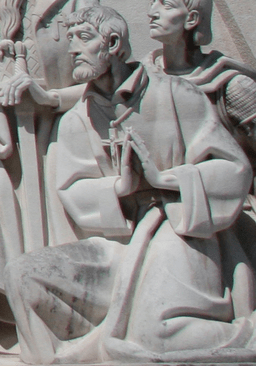Quips and quotes taken from early Pentecostal based newsletters, papers, digests, and other material found about the doctrine of tongues.
Early Pentecostal writings are essential historical pieces concerning a significant shift in this doctrine. They demonstrate the change from the traditional idea of miraculously speaking or hearing in a foreign language to a variety of expressions under the umbrella of glossolalia.
These early pentecostal citations are given to show the problem and resolution that early Pentecostals faced regarding this doctrine. Their original concept of tongues as a miraculous endowment for missionary purposes had miserably failed. A shift in emphasis and definition was eagerly sought for.
The following quotes work through this early tension. They are not homogenous, and it is often difficult to trace continuity. However, they do work towards embracing the thoughts of higher criticists such as Philip Schaff. The majority of dictionaries and commentaries were dominated by these academics who much favored tongues as glossolalia. Glossolalia is a frenzied condition that produced inarticulate sounds. Sounds that may or may not correlate with language. Pentecostals eventually redefined the higher criticism definition according to their own experience and religious symbolism.
